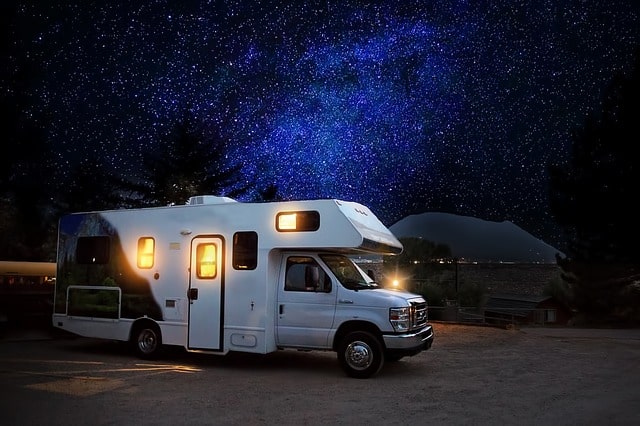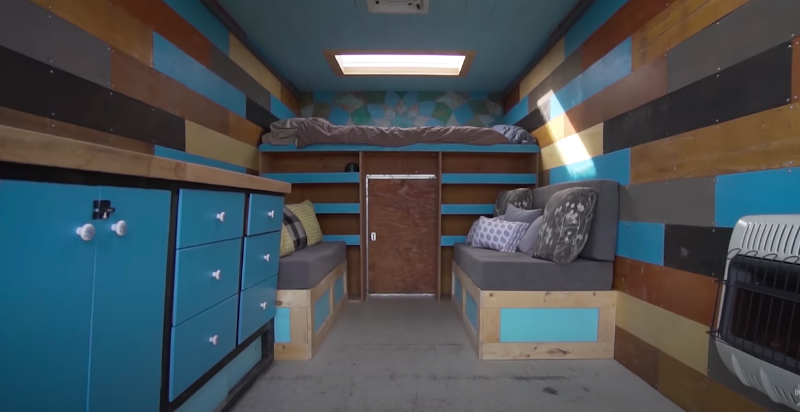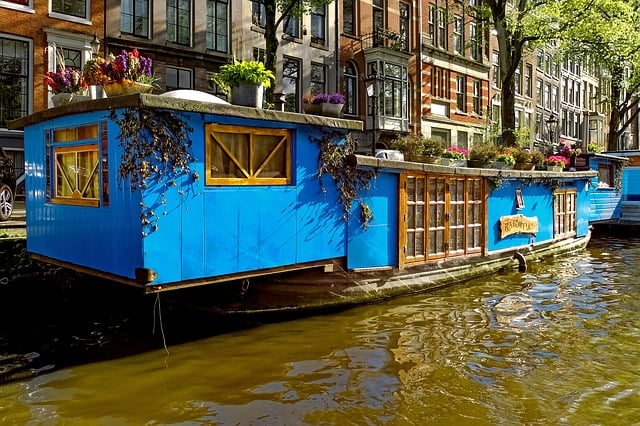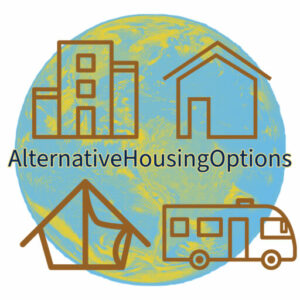Who hasn’t thought of packing up and hitting the road, open trail, or water to get away from it all? With all that has happened in the United States over the past two years, I know I have. Moving to a remote island sounds perfect to me; however, I’d miss some major conveniences like a grocery store right down the street, and streets for that matter. But for others, the cost of living in their areas has made it almost impossible to afford housing and very tempting to look for alternative housing options. In this article, we will look at some mobile alternative housing ideas and their pros and cons.
Alternative housing comes with some inherent pros and cons. The pros are ➕they allow for a lifestyle of freedom, ➕ cost less than traditional houses, and➕they can help people reduce their environmental effects. The cons may be that: ➖ costs can start to add up in other ways, ➖ the style of living was worse than expected, ➖ not all local housing departments appreciate alternative housing.
Here are the pros and cons of mobile alternative housing ideas.
Pros and cons of living in an RV (Recreational Vehicle)

A new RV with bells and whistles can cost as much as a traditional home. There are three classes of RV: Class A; we will call this the luxury model. They cost between $200,000–$300,000. The class B RV, the mid-size model, costs between $100,000–$200,000. The class C RV is what I typically think of when I think of an RV, and they cost between $35,000–$50,000, brand new. Used RVs, like anything, are much less, and the cost can probably be negotiated.
Pros
Freedom- The RV is one home that allows you to travel by yourself with friends, family, pets and go where your heart desires that has a parking spot. The simple lifestyle has the necessities without the space to accumulate more than you need.
Fewer chores- With less space to clean, you won’t be spending all of your time dusting and vacuuming. A 30-minute window is all you need to sweep, mop, clean the bathroom, and fabreeze the seats. You’re done.
Outdoor adventures- the lack of interior space allows you to explore the exterior more, and hopefully, you’ve driven to a place where outdoor adventure is possible. If not, you can find one and move, so simple.
Cons
Community services – traveling and parking in an RV park, campground, church, Walmart, or other Boondocking location can leave you without community services such as Doctors, Dentists, Vets, and other professions you take for granted when you live in one place.
Not so clean living- you’ll spend time in a laundromat to wash clothes, learning how and where to dump waste and wastewater from the bathroom. You are also very close to your neighbors, especially in a park, so you’ll smell their waste too. Fun. You’ll never have to be the cause of smelly nights yourself with this Dump Station E-Book. In it you’ll find locations to take care of this mess for you.
Maintenance and budgeting- There may be times you’ll need to stay in a hotel because the RV is at the mechanic’s shop. You may learn some DIY skills, but for big jobs, you’ll have to find an RV shop. Budgeting for maintenance, alternative housing, fuel, and parking fees can be tricky. Gas prices change constantly.
Pros and cons of living in a converted vehicle (bus, moving truck, ambulance, van)

Converted vehicles are similar to living in an RV but, in general, do not have bathroom facilities. Again you have a great way to travel and see the United States far and wide.
Pros
Saving money- Overall, this lifestyle can be very inexpensive. You don’t have the cost of electricity, heat, air conditioning, internet, cable, rent, furniture, and other things you wonder why you pay for in a traditional home. If you choose an area that isn’t free, the parking fees are not very expensive, and you can get by spending $1,400–3,000 for all of your expenses.
Travel- again, travel is the point of this type of alternative housing. When your home moves with you, the world becomes your playground. With strategic planning and picking out camping facilities in an area that begs you to explore, you can live an active and free lifestyle.
Cons
Washroom – Unless you want to deal with finding a dumpsite for black water like the RV, you probably will not have a shower or bathroom in the bus, van, ambulance. You just won’t have the space. Instead, you’ll need to find rest areas along your route for the bathroom and a gym or gas station for truckers with shower facilities. You can install a composting toilet if you don’t mind the maintenance.
Confined living space- a converted vehicle has a small living space depending on the size of the van or bus. If you have a couple of people in the vehicle, that is enough, add children or pets, and it can get overwhelming.
Vehicle maintenance- like an RV, a van, bus, or ambulance could break down and need a tune-up. This is unavoidable and must be handled when it happens.
Pros and cons of living in a boat

The open water beckons many people. The houseboat has come a long way over the years to be a luxurious home on the water, even for a less expensive version. Houseboats can be used as a base camp for other on-the-water adventures with smaller personal watercraft. Most people choose to use their houseboat for a weekend, extended stay, or vacation, but some do aboard full-time.
Pros
Waterfront views- You’ll wake up to waves and a beautiful waterfront view every day. You’ll enjoy the freedom from not having a yard to maintain or snow to shovel and all of the equipment to do so. You may also have access to marina facilities if you are docked or moored in a marina.
Fun activities- You can enjoy boating, fishing, tubing, swimming, skiing, and all manner of watersports at any time. You don’t need to wait for a vacation; it could be your evening event with the family.
Financial advantages- Each state is different, but you won’t have to pay property taxes on a houseboat more than likely. You may also reap some extra benefits of tax deductions of a second home if you have a bathroom, kitchen, and sleeping facilities aboard.
Cons
Additional fees- Additional fees will be if you dock in a marina with a homeowners association. The HOA will require you to pay for the use of the marina, security, and governance of how the boats are maintained in that specific location. The marina itself may have a docking slip payment. And don’t forget the boat payment if you don’t own it outright. The cost to live in a houseboat, according to DeepSailing, is about $955 a month.
Small space- A houseboat typically has less living space than a traditional single-family home. You may be a little cramped if you have a large family.
These are not the only mobile alternative housing options available for those who love adventure and travel, but it gives you a small taste of what’s possible. Instead of just paying to travel, you can consider taking your life on the road or water. Check out our other articles about more permanent alternative housing if you want to settle down and unconventional forms of alternative housing for those who think outside the box.


